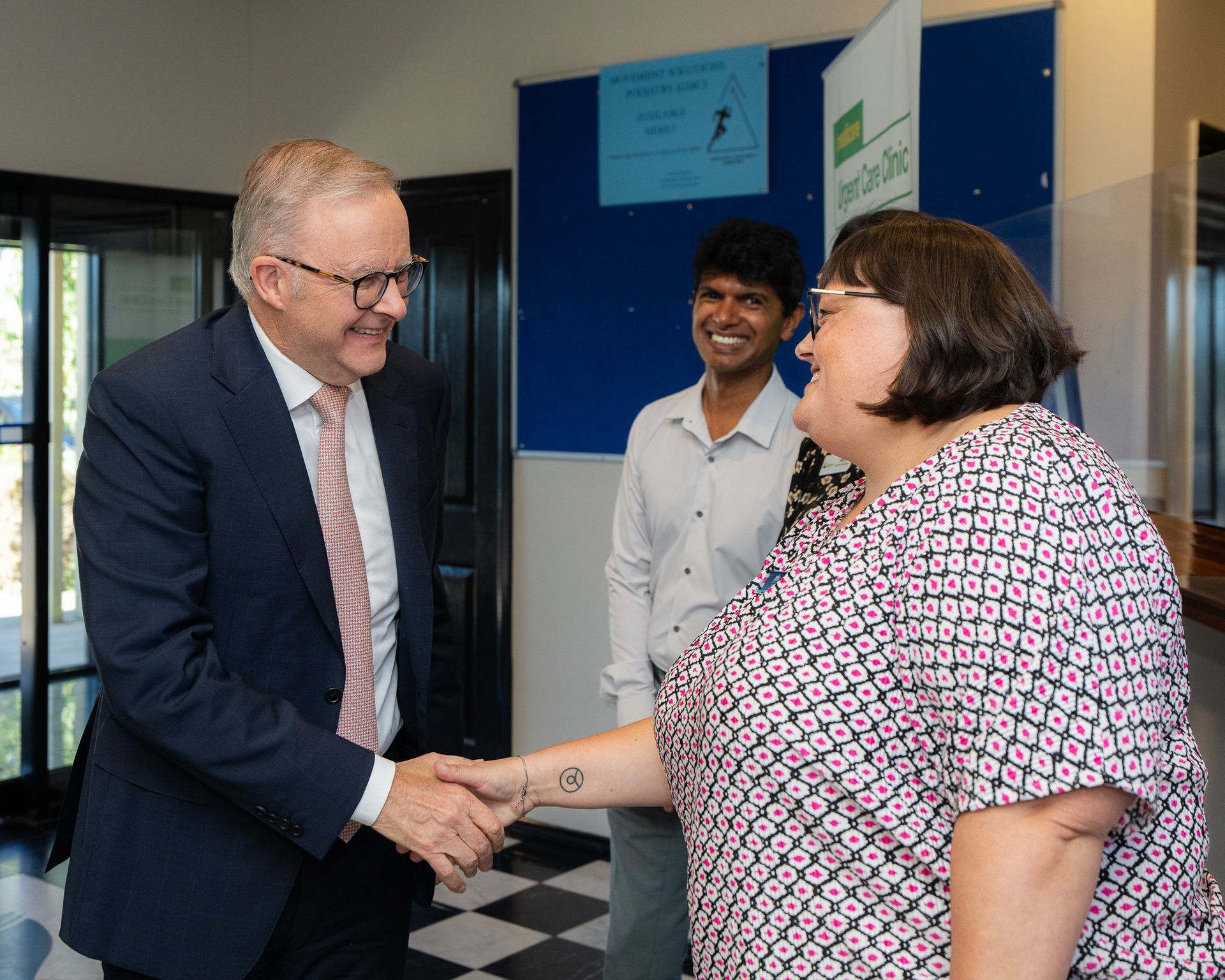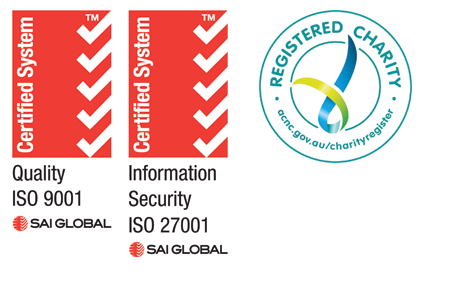Coordinating change
State and federal governments are investing in significant reforms to increase access to primary care. NWMPHN plays a vital role facilitating this process by supporting primary care providers through innovative new programs.
attended sessions in the CAREinMIND™ program
sessions delivered by NWMPHN's three Head to Health Clinics
overall customer satisfaction score across all Victorian PHN's Medicare Mental Health services
The general practice sector continues to undergo large scale structural change. New funding and care models are shifting the dial towards a more equitable system, although significant degrees of unmet need still exist and present challenges for funding and commissioning organisations such as NWMPHN.
The Australian Government’s Primary Health Care 10 Year Plan recognises that patient needs are best supported through coordinated multidisciplinary care – and we are excited to be working with service providers to co-design models that reflect that aim.
In this section
Medicare Urgent Care Clinics provide free care for people with urgent but non-life threatening conditions. The model provides care in the community seven days a week, taking pressure off the hospital system while also supporting general practice. NWMPHN coordinates the statewide rollout of these clinics, working closely with providers, hospitals, Ambulance Victoria and other PHNs. In 2024-25, NWMPHN's UCCs recorded 272,312 patient visits. Patient surveys reveal that more than 50 per cent of attendees would otherwise have presented to an emergency department.
The General Practice Aged Care Incentive, launched in July 2024, improves access to quality, proactive, planned and continuous care for people in residential aged care homes. The incentive rewards GPs and care teams for making at least eight visits each year to registered patients. NWMPHN provides a dedicated relationship manager for each RACH, working with them to improve MyMedicare uptake, and connecting them to local participating practices. In 2024-25, 94 practices and 4720 patients were enrolled in the program.
MyMedicare is Australia’s voluntary patient registration program. In order to participate in the program, general practices must be accredited according to RACGP standards. More than 85 per cent of the 549 practices in the our catchment have done so. NWMPHN continues to work with the remainder to help them begin or complete the process. The organisation also produces frequent communications advising of updates to the MyMedicare system.
The Australian Government's Initial Assessment and Referral Decision Support Tool (IAR-DST) complements clinical judgement and assessment. GPs and mental health clinicians use it to recommend the most appropriate level of care for people seeking mental health support. IAR-DST is now nationally standardised. NWMPHN continues to promote and encourage its use. More than 486 GPs in the catchment have completed the training, which has also been rolled out across our commissioned mental health services.
Through the Australian Government's Greater Choice for At Home Palliative Care measure, general practices in our region are improving their support for people with life-limiting conditions, helping more to receive care in the comfort of their own homes. NWMPHN’s 2024-25 activities included a palliative care spotlight quality improvement activity – boosting practice capability, coordination and service integration. NWMPHN also delivered targeted education and workforce development, and delivery of onsite practice education with community palliative care providers.
Building capability and capacity in general practices improves access to care and positive patient outcomes. This year 78.5 per cent of the practices in our region participated in the Australian Government's Practice Incentives Program Quality Improvement Incentive program. Each practice is supported by a dedicated quality improvement program officer. Feedback shows that our support consistently rates as 'great' – our average net promoter score for 2024-25 was 68.8 per cent.
The NWMPHN region consistently ranks among the lowest in the metro region for flu vaccine uptake across all age groups. To counter this, we provide practices with multiple opportunities to boost vaccination rates. These include quality improvement activities, assistance with adult immunisation and winter disease response planning, and frequent communications regarding vaccine-preventable conditions.
Doctors in Secondary Schools provides equitable and accessible primary health care services to students in more than Victorian government high schools. NWMPHN leads this program, which is now in its seventh year. In our own catchment, in 2024-25, the program supported 3444 student consultations, contributing to 15,310 across the state.
NWMPHN works with the Victorian Department of Health to drive the adoption of statewide referral criteria in public hospitals for high volume or clinically important conditions. By the end of 2024-25 there were 18 specialities covered. Using the criteria helps clinicians to make accurate referrals, improving efficiency, equity and access.






